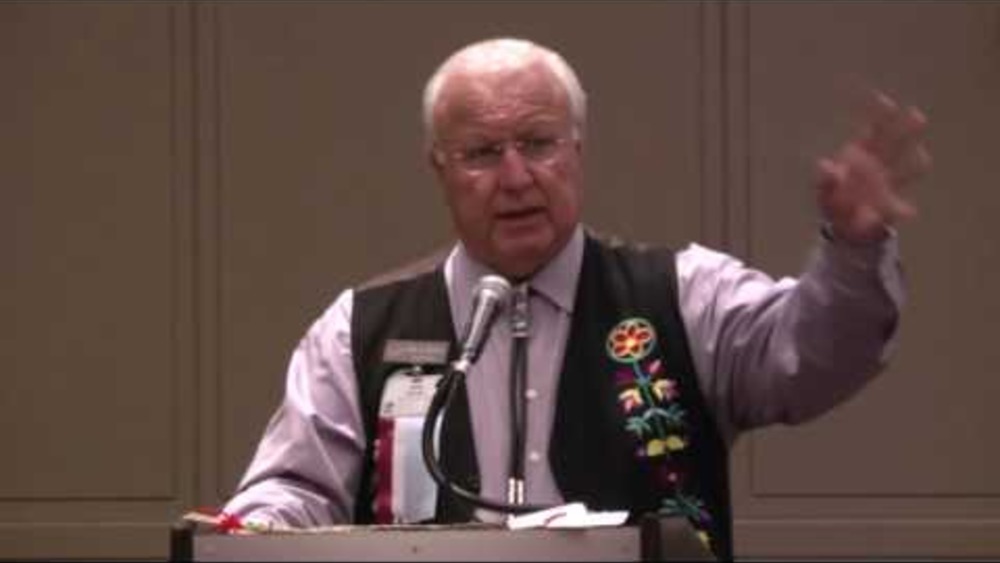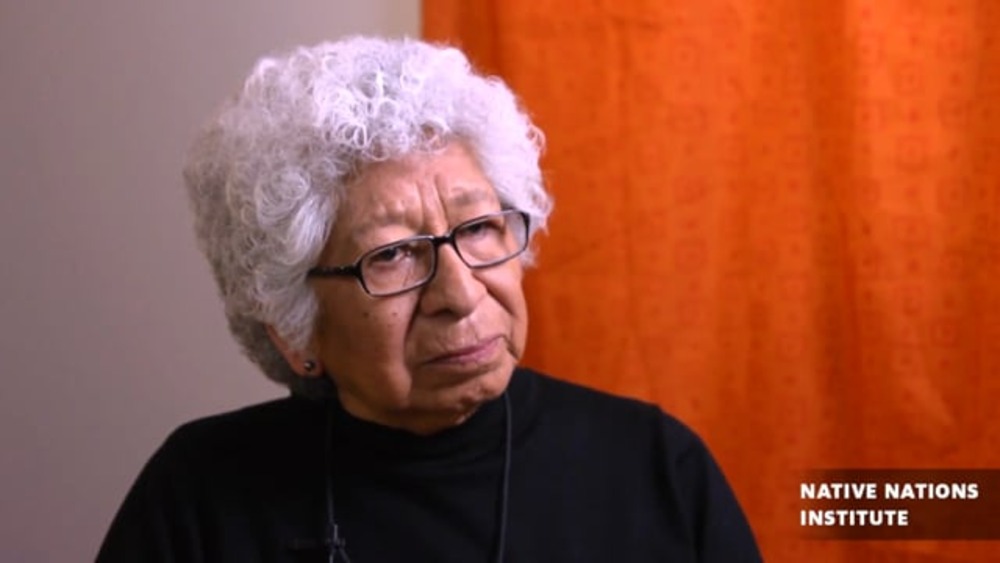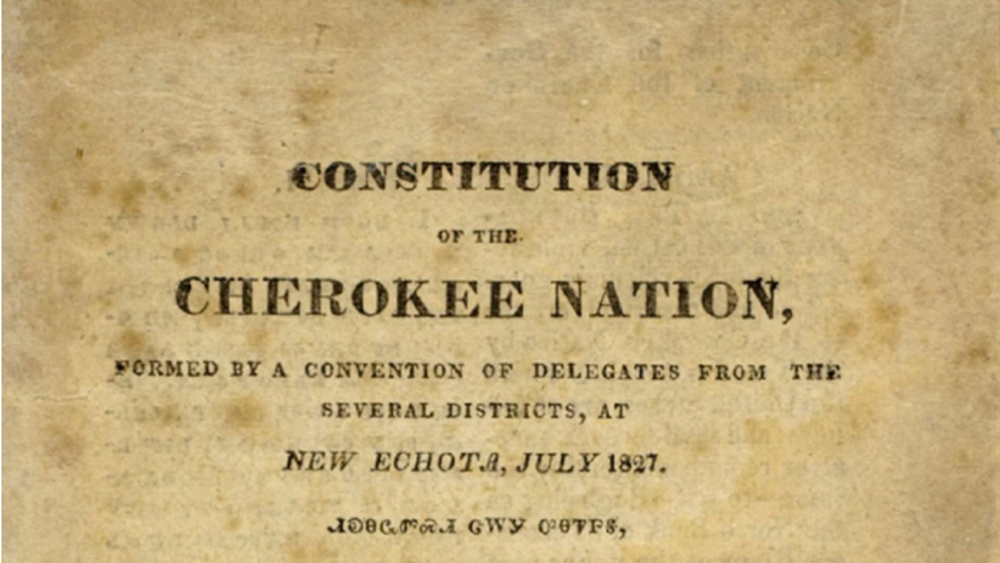Indigenous Governance Database
constitutional amendment process

"Modern Tribal Governments, Constitutions, and Sovereignty" Session at NCAI's Annual Convention
This session, convened by NCAI at its 2014 Annual Convention, chronicled the growing movement by tribal nations to reform and strengthen their constitutions in order to reflect and preserve their distinct cultures and ways of life, more effectively address their contemporary challenges, and achieve…

Verna Bailey: Making Self-Governance Work for Standing Rock
Former councilwoman Verna Bailey of the Standing Rock Sioux Tribe representing the Long Soldier District reveals the ins and outs of working with changes in a tribal council government. Her experiences offer insight into the history of self-governance for Standing Rock Sioux Tribe.

Frank Pommersheim: A Key Constitutional Issue: Dispute Resolution (Q&A)
University of South Dakota Professor of Law Frank Pommersheim fields audience questions about the importance of civic engagement to constitutional reform, removing the Secretary of Interior Approval clause from tribal constitutions, and other important topics.

Northern Ute Tribal Enrollment May Rise, Pending Election Could Lower Blood Quantum
A tribal nation with what could be North America’s strictest enrollment criteria may soon decide on more flexible rules that might, if adopted, increase the tribe’s current 3,000-plus membership. A pending election could lower the 5/8 Ute Indian blood degree requirement for membership in the Ute…

Tribal Constitutions
Modern tribal nations pass laws, exercise criminal jurisdiction, and enjoy extensive powers when it comes to self-governance and matters of sovereignty. And of 566 tribal nations, just under half have adopted written constitutions. In the American tradition, a constitution limits the power yielded…
